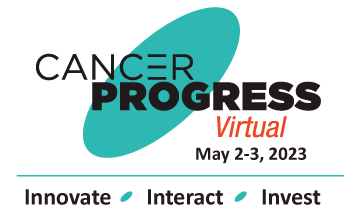Engineered (iPSC-derived, CAR-modified, universal adaptor-driven) cells have captured the lion’s share of investor and partnering attention to date in the dash to find the next big thing in cell therapy. At the same time, a host of innovators are positioned to advance novel technologies comprised of minimally manipulated cells (‘trained’ cells, TILs, MILs) or those engineered to retain native features present in unmodified host immune cells (intracellular TCR signaling, costimulatory domains). These companies are collectively taking the position that retention of native, ‘beneath-the-hood’ signaling is ultimately going to be key to achieving potency, durability, and safety of administered cell therapies across a broader range of indications than those addressable with their more overtly-engineered counterparts. Beyond theoretical rationale, these companies are generating mounting bodies of preclinical and early clinical data to support their case. A key question is whether these biological differences are sufficient to translate into clinically-meaningful benefit, either as later entrants in more crowded indications or earlier movers in whitespace settings previously-deemed inaccessible to competing technologies.
Moderator: Michael C. Rice, MS, MBA, VP, Head of Advanced Therapeutics, Cello Health BioConsulting
Panelists:
- Keith Bahjat, Sr Director Science, Cell Therapy Center of Excellence, Astellas
- Frank Borriello, MD, PhD, Founder & CEO, Alloplex Biotherapeutics
- Sabine Chlosta, MD, CMO, Triumvera
- Kimberly Noonan, PhD, Founder, EVP & CSO, WindMIL
- Paul D. Rennert, President & CSO, Aleta Biotherapeutics
